
Meghan Rosen is a senior writer who reports on the life sciences for Science News. She earned a Ph.D. in biochemistry and molecular biology with an emphasis in biotechnology from the University of California, Davis. Her dissertation work involved studying mutated proteins in liver and kidney cancer. She later graduated from the science communication program at UC Santa Cruz. Prior to joining Science News in 2022, she was a media relations manager at the Howard Hughes Medical Institute. Her work has appeared in Wired, Science, and The Washington Post, among other outlets. Once for McSweeney’s, she wrote about her kids’ habit of handing her trash, a story that still makes her (and them) laugh.

Trustworthy journalism comes at a price.
Scientists and journalists share a core belief in questioning, observing and verifying to reach the truth. Science News reports on crucial research and discovery across science disciplines. We need your financial support to make it happen – every contribution makes a difference.
All Stories by Meghan Rosen
-
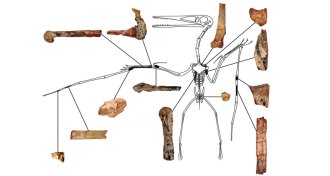 Paleontology
Paleontology‘Hidden dragon’ fossil is oldest flying reptile
Researchers have unearthed the oldest pterodactyl ever discovered: Kptodrakon progenitor soared over the Earth 163 million years ago.
-
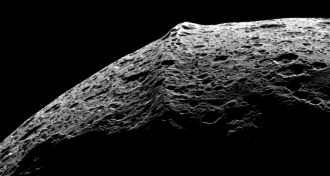 Planetary Science
Planetary ScienceMountains on Saturn moon may have come from space
A mountainous ridge around the equator of Iapetus, one of Saturn’s moons, may have formed from cosmic debris.
-
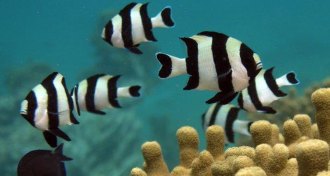 Climate
ClimateReef fish act drunk in carbon dioxide–rich ocean waters
In first test in the wild, fish near reefs that bubble with CO2 lose fear of predators’ scent.
-
 Computing
ComputingApp could cut jet lag short
A new app calculates lighting schedules to help travelers adjust quickly to new time zones.
-
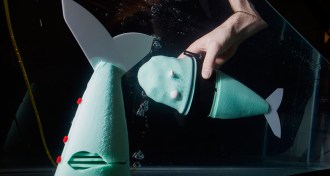
-
 Genetics
GeneticsNeandertal legacy written in Europeans’ fat metabolism
DNA inherited from Neandertal interbreeding may have helped people adjust to Europe’s environment.
-
 Psychology
PsychologyTwenty-two emotions are written on our faces
People’s faces express at least 22 feelings – far more than the six emotions scientists previously recognized.
-
 Humans
HumansFormer baseball players have big, strong bones in old age
Decades later, health benefits of exercise persist in male athletes’ bones.
-
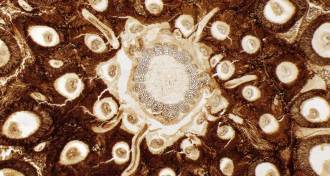 Plants
PlantsFossil fern showcases ancient chromosomes
Fossil nuclei and chromosomes seen in a 180-million-year-old fern reveals that the plants have stayed mostly the same.
-
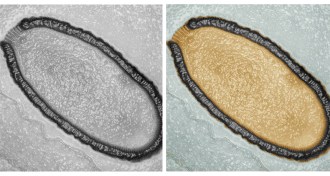 Life
LifeGiant zombie virus pulled from permafrost
After lying dormant in Siberian permafrost for 30,000 years, the largest virus ever discovered is just as deadly as it was when mammoths roamed the Earth.
-
 Neuroscience
NeuroscienceMe, Myself, and Why
Me, Myself, and Why is an ambitious effort to dissect the hodgepodge of genetic and environmental factors that sculpt people’s identities.
-
 Psychology
PsychologySuicide rates drop in big cities
With more social connections, people may be less inclined to take their own lives.